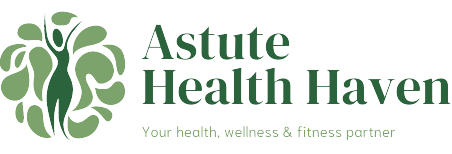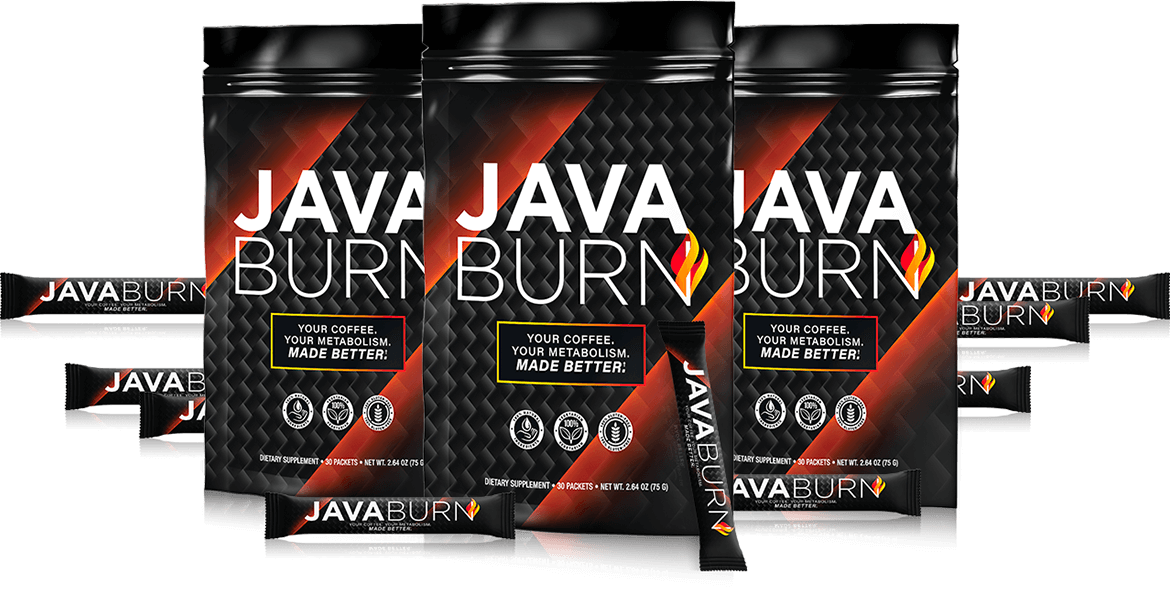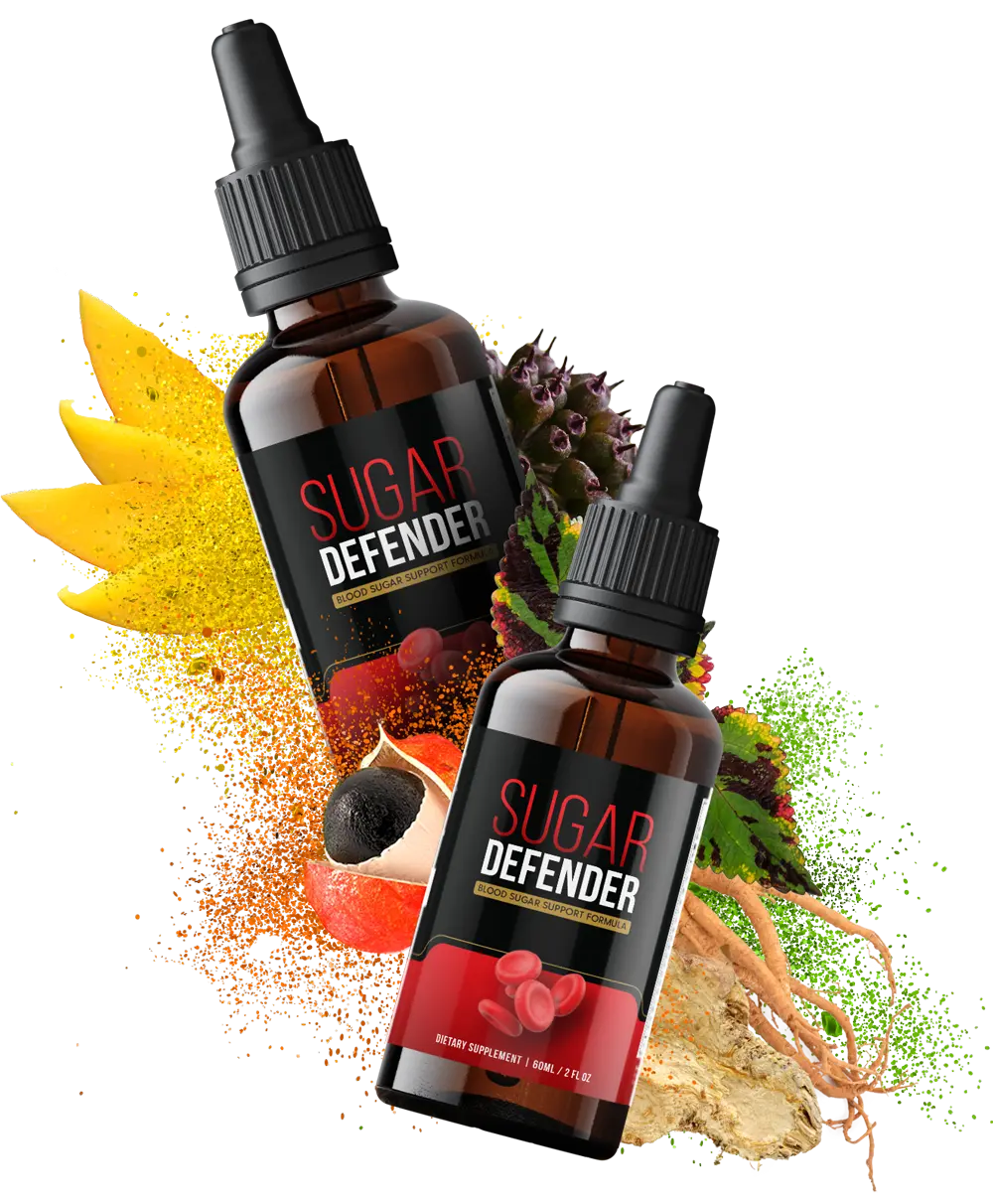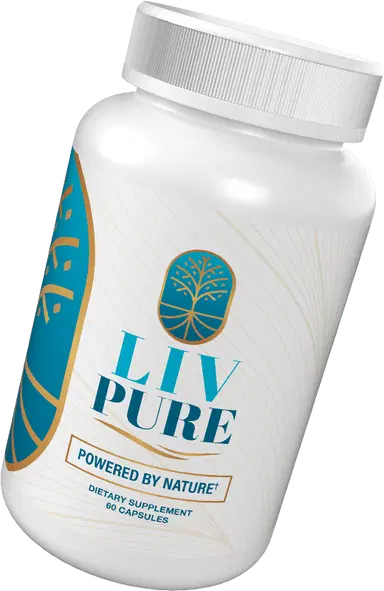Introduction to Sustainable Fitness
Sustainable fitness encompasses a holistic approach to physical activity that prioritizes long-term health and well-being over short-term gains. Unlike conventional fitness regimens, which often focus exclusively on achieving immediate physical transformations, sustainable fitness aims to create routines that are maintainable and beneficial throughout one’s life. This approach not only contributes to physical health but also enhances mental and emotional well-being.
The core principle of sustainable fitness is to establish routines that are adaptable and enjoyable, allowing individuals to seamlessly integrate them into their daily lives. This means considering factors such as physical ability, lifestyle, and personal preferences when designing a fitness plan. By prioritizing long-term adherence and enjoyment, sustainable routines are more likely to become a permanent part of your lifestyle, rather than a temporary effort.
One of the critical differences between sustainable fitness and conventional approaches is the emphasis on balance and moderation. While high-intensity training and strict diets might yield rapid results, they are often difficult to maintain and can lead to burnout or injury. In contrast, sustainable routines advocate for a balanced mix of physical activities that cater to different aspects of fitness – including strength, flexibility, and cardiovascular health. This balanced approach ensures that the body is well-rounded in its capabilities, reducing the risk of overuse injuries and promoting overall wellness.
Moreover, sustainable fitness routines offer numerous mental and emotional benefits. Regular physical activity has been shown to reduce stress, anxiety, and depression while enhancing mood and cognitive function. Sustainable routines, in particular, provide consistent, manageable activities that contribute to a steady state of mental well-being. These routines also foster a sense of accomplishment and resilience, building a positive attitude towards fitness and well-being that lasts a lifetime.
Regardless of age, sustainable fitness remains a vital element in maintaining a healthy, active lifestyle. By focusing on long-term health and creating adaptable, enjoyable routines, individuals can experience lasting benefits that support their physical, mental, and emotional well-being. Sustainable fitness is not just a temporary goal; it is a lifelong commitment to health and happiness.
Fitness Routines for Young Adults (18-35 Years)
Young adulthood is a crucial period for laying the groundwork for lifelong fitness. Establishing sustainable routines during these years can greatly influence overall well-being and health in the future. A multi-faceted approach that integrates cardiovascular exercises, strength training, and flexibility workouts is ideal for this age group.
Cardiovascular activities such as running, cycling, and swimming are essential for building stamina and improving heart health. Engaging in at least 150 minutes of moderate-intensity aerobic activity or 75 minutes of vigorous-intensity activity per week is recommended. These routines not only support healthy weight management but also enhance lung capacity and boost energy levels.
Strength training should not be overlooked, as it is pivotal for developing muscle mass, strengthening bones, and boosting metabolism. Incorporating exercises such as weight lifting, resistance band workouts, or bodyweight exercises like push-ups and squats at least two days a week can yield significant benefits. It’s essential to progressively increase the intensity to continually challenge the muscles and promote growth.
Flexibility workouts are equally important, helping to prevent injury, aid recovery, and improve overall movement efficiency. Activities such as yoga, Pilates, or dynamic stretching can be seamlessly integrated into a fitness routine. These exercises enhance muscle elasticity and joint flexibility, contributing to better performance in other physical activities.
Balancing fitness with a busy schedule is a common challenge for young adults. Time management and planning can help integrate workouts into daily routines. High-intensity interval training (HIIT) is an effective way to achieve significant results in shorter periods, making it suitable for those with limited time. Additionally, mixing up workout routines can prevent burnout and maintain motivation. Group classes, sports leagues, or fitness apps can add variety and keep routines exciting.
Understanding the role of nutrition and recovery is fundamental for sustainable fitness. A balanced diet rich in proteins, healthy fats, and complex carbohydrates provides the energy needed for workouts and supports muscle recovery. Adequate sleep and hydration also play critical roles in performance and overall health. Prioritizing recovery through rest days and active recovery techniques such as foam rolling and low-intensity activities can prevent overtraining and injury.
By committing to diverse and well-rounded fitness routines, young adults can enjoy the myriad benefits of sustainability in their health and wellness journeys, ensuring a fitter, healthier future.
Fitness Strategies for Middle-aged Adults (36-55 Years)
Middle age often brings about significant changes in the body, necessitating adjustments to fitness routines to cater to these evolving needs. Metabolism tends to slow down, muscle mass gradually decreases, and joint health can become a growing concern. Addressing these changes with sustainable routines is crucial for maintaining overall well-being and fitness at this stage of life.
Low-impact exercises are particularly beneficial for middle-aged adults as they offer a gentler workout while still providing significant health benefits. Activities such as swimming, cycling, and brisk walking can enhance cardiovascular health without putting undue stress on the joints. Incorporating strength training exercises, which focus on building and maintaining muscle mass, is also important. Using resistance bands, dumbbells, or body-weight exercises can help in preserving muscle strength and function.
Core strengthening workouts should be a staple in fitness routines for middle-aged individuals. A strong core supports better balance and stability, reducing the risk of falls and injuries. Exercises like planks, Pilates, and yoga are excellent choices for strengthening the core. Additionally, these activities often integrate flexibility and stretching, which are vital for maintaining joint mobility and overall physical health.
The importance of regular health screenings cannot be overstated for this age group. Monitoring blood pressure, cholesterol levels, and glucose levels can help in early detection and management of potential health issues. Annual check-ups with a healthcare provider ensure that fitness routines are aligned with individual health needs and conditions.
Mental health is equally significant in a comprehensive fitness strategy. Practicing mindfulness and stress reduction techniques such as yoga and meditation can support emotional well-being. These practices not only reduce stress but also improve overall mental clarity and concentration, which is beneficial for maintaining a balanced lifestyle.
Adopting sustainable fitness routines tailored to the unique needs of middle-aged adults ensures that physical and mental health are nurtured, preparing the body for the years ahead with strength and resilience.
Fitness Approaches for Seniors (56+ Years)
Maintaining a sustainable fitness routine is essential for seniors who aim to preserve their mobility, prevent falls, and enhance their overall quality of life. Gentle exercises such as walking, aqua aerobics, and tai chi are particularly beneficial as they offer low-impact workouts that help in building strength and improving balance without placing undue stress on the joints.
Walking is an excellent option for seniors as it is accessible and can be tailored to one’s individual pace and stamina. It helps in enhancing cardiovascular health, increasing muscle tone, and improving mental well-being. Aqua aerobics, performed in water, provides buoyancy that reduces the strain on joints while promoting cardiovascular fitness and muscular strength. Tai chi, with its slow and deliberate movements, is known for improving balance, reducing stress, and enhancing flexibility, making it a highly recommended practice for older adults.
Social interactions play a crucial role in motivating seniors to stay active. Engaging in group fitness classes not only provides a structured environment for regular exercise but also fosters a sense of community and support. Activities like group walks, dance classes, or yoga sessions create opportunities for seniors to interact, share experiences, and build friendships, which are valuable for emotional and mental well-being.
It is vital to tailor fitness routines to individual health conditions. For seniors dealing with chronic illnesses such as arthritis or heart disease, personalized exercise plans are necessary. Consulting healthcare providers or fitness experts can ensure that the routines are safe and effectively address the unique needs of each individual. Modified exercises and adaptive equipment can also be utilized to accommodate various physical limitations.
When starting or continuing a fitness routine, safety should be the primary consideration. Seniors should begin with low-intensity exercises and gradually increase the difficulty as their fitness levels improve. Staying hydrated, wearing appropriate footwear, and listening to one’s body are essential practices to prevent injuries. Regular check-ins with healthcare professionals can provide additional support and guidance.




